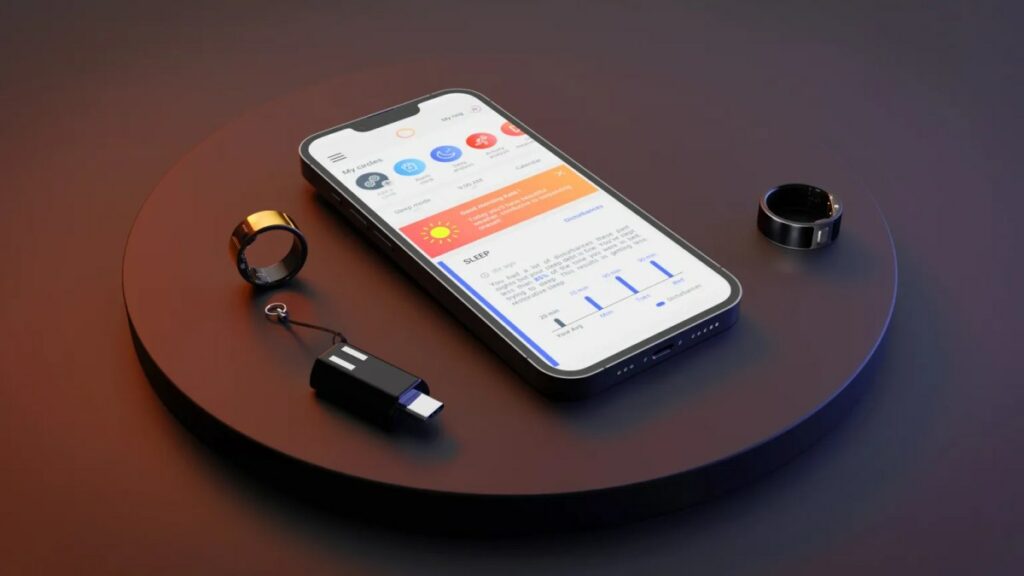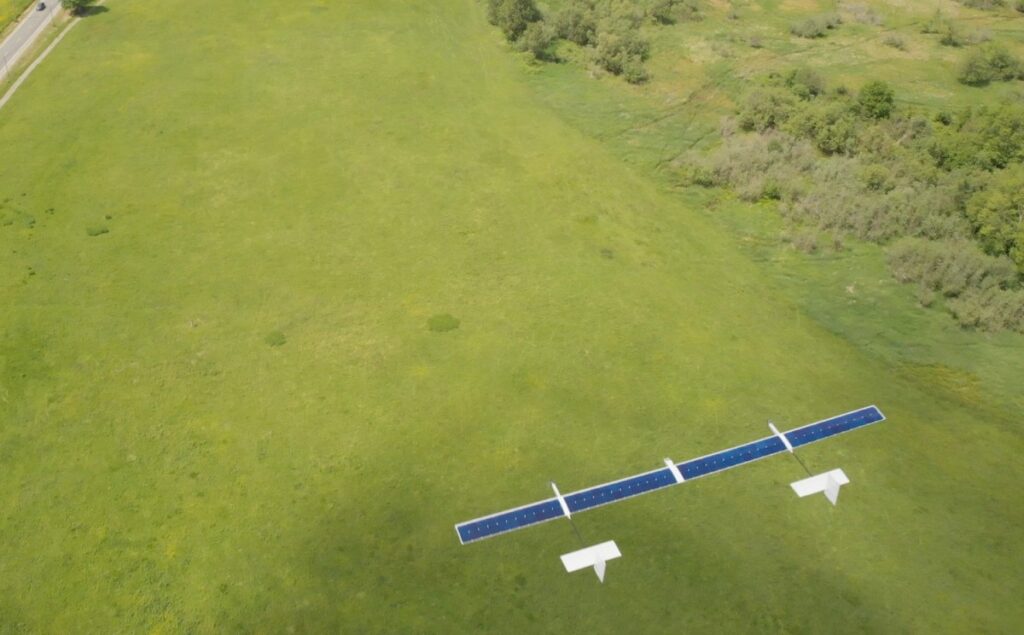Smart ring makers Oura and Circular Tuesday announced a settlement in an ongoing patent suit. The agreed-upon terms find the French company entering into a multi-year agreement with Oura, wherein it will license the market leader’s intellectual property for devices sold in the U.S.
Financial details of the agreement have been kept confidential.
Oura has aggressively defended its technology against competitors. In March, CEO Tom Hale announced that the firm had filed a complaint with the ITC, alleging that Circular and fellow smart ring makers Ultrahuman and RingConn had infringed multiple patents with their products.
“Unfortunately, when we see companies take shortcuts that imitate and ride the coattails of our innovation, we have no choice but to take action,” Hale wrote. “We’re clear on where we stand when it comes to patent infringement: we’ve spent over a decade investing countless hours of design, scientific research, and engineering into our hardware, software, and algorithms to create Oura Ring and the Oura Membership experience, and we’ll always protect those efforts.”
The complaints against Circular specifically pertained to form factor and the Readiness Score, which Oura positions as offering insight into mental and physical stress factors. With an agreement in place, Oura will no longer pursue action against Circular. Similar filings against RingConn and Ultrahuman have not been dismissed. There have been no filings outside of the U.S. thus far.
Circular cofounder and CEO, Amaury Kosman, had some predictably nice things to say about its biggest competitor in a release tied to today’s news. “Oura revolutionized wearable technology over ten years ago with the introduction of Oura Ring,” the executive noted. “We recognize the strength and utility of the fundamental patents that have been awarded to Oura, and this agreement rightfully compensates them for their pioneering innovation in smart rings.”
These sorts of agreements are not unusual in the world of consumer devices. Hardware giants like Apple and Google strike these sorts of deals all the time, as licensing patents is often a far easier path than a protracted legal battle. Not every conflict is so easily settled, however. Take, for instance, complaints filed by med tech firm, Masimo, which resulted in the halting of Apple Watch Series 9 sales late last year.


